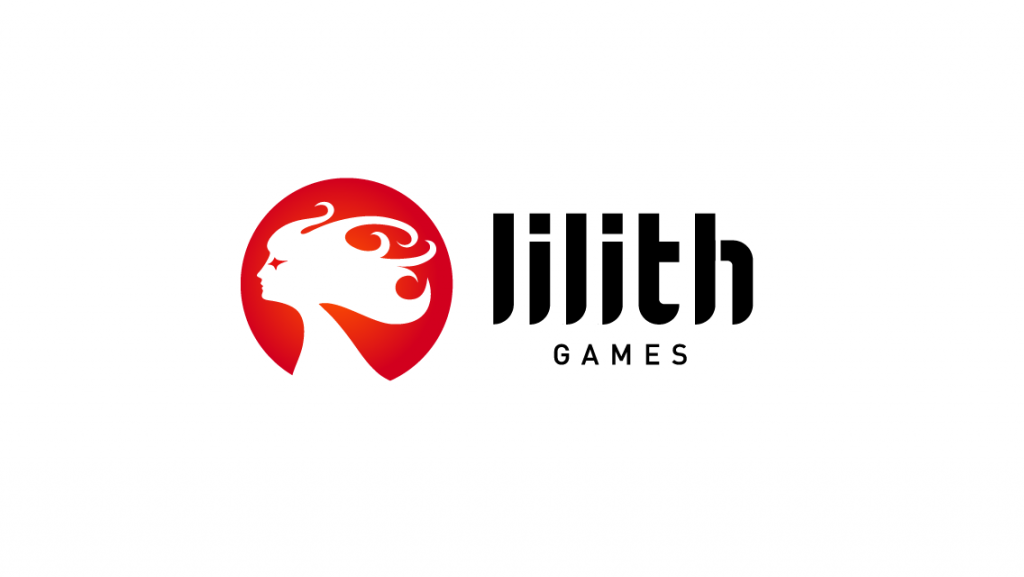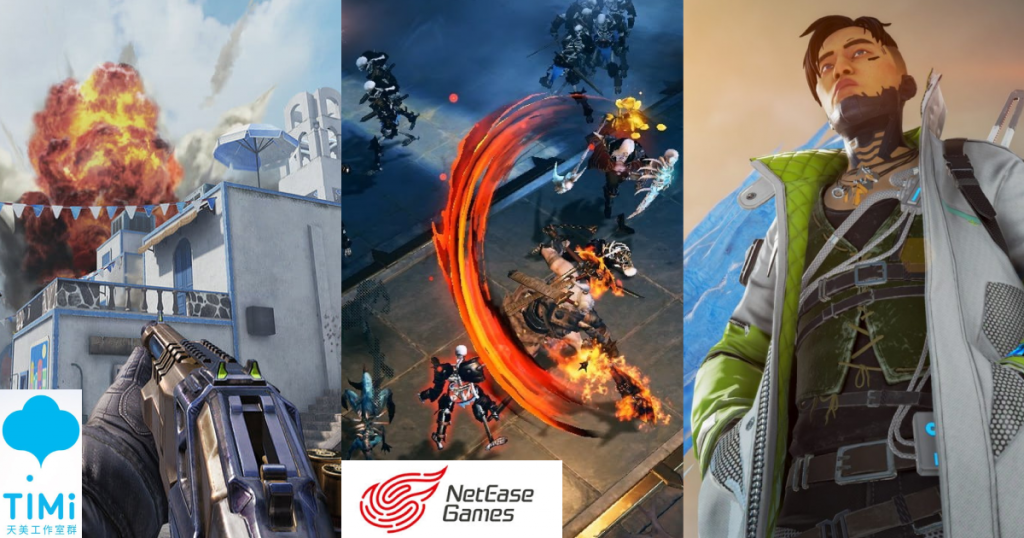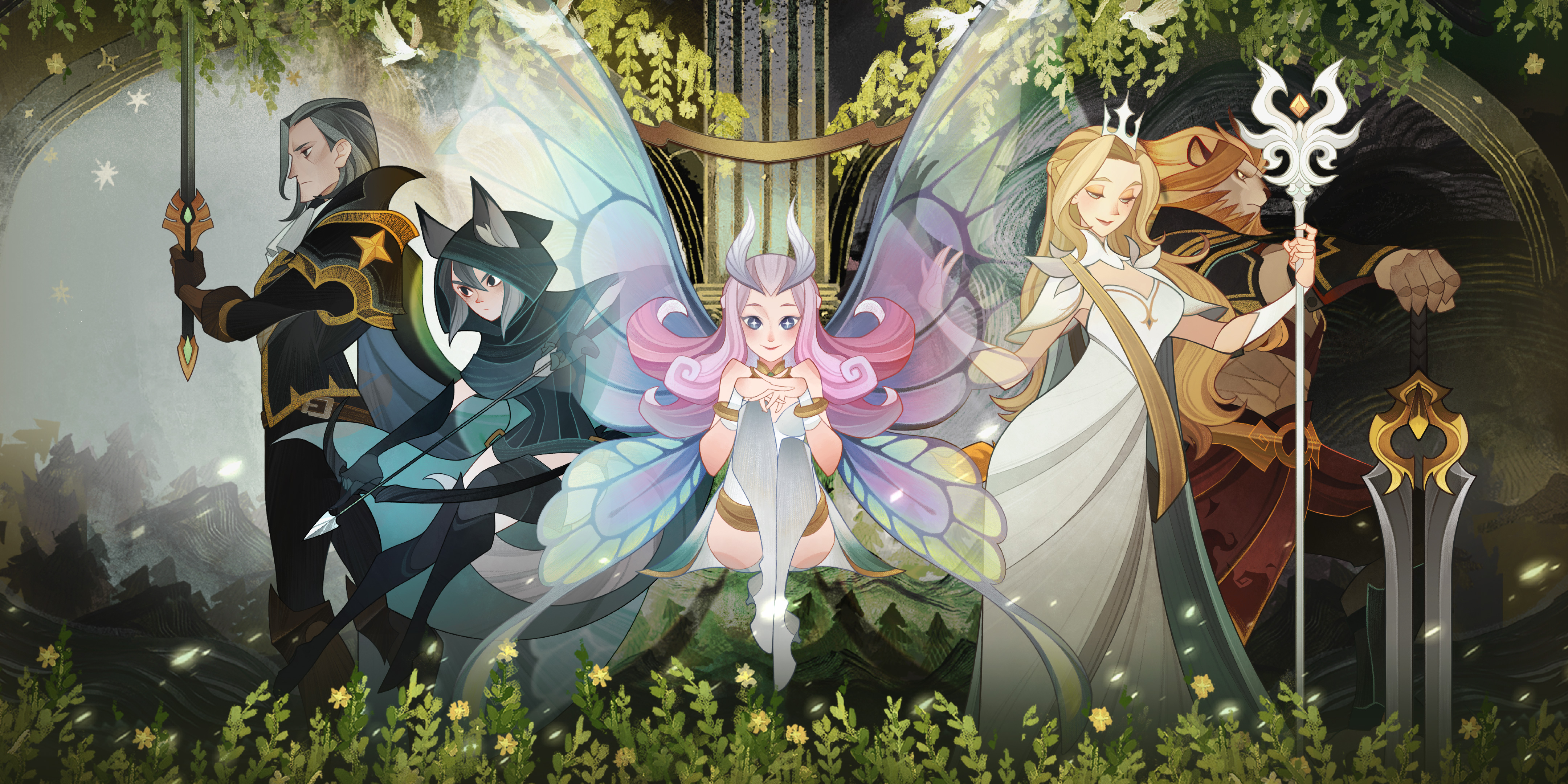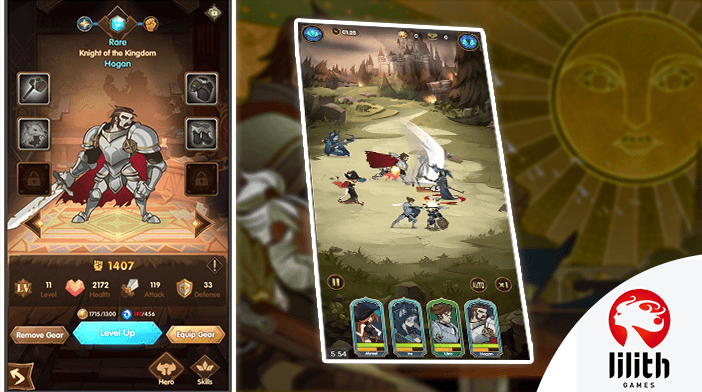Building your game for your own country can be easy, but becoming popular in another, or even the world is a challenge. Many Chinese developers have in the past tried coming into countries in Europe, Asia, or North America and have failed to capture the interest of gamers. But some developers in China are starting to discover the key metrics of making a global game and are starting to grow in popularity.
Shanghai-based Lilith Games is one company trying to move past their success in China and towards worldwide success that many Chinese companies in the mobile industry have failed. Their rocky road towards becoming international seems to have found a yellow brick road after the highly successful growth of AFK Arena earlier this year. With over 6.6 million players on iOS and Android according to PocketGamer.biz. This has led to a massive increase in sales of over $88.3 million in January of this year as well as becoming the 4th most grossing game of the month according to SensorTower.

Both AFK Arena and their older game, Rise of Kingdom, were in the top 10 games of January, cementing them as a company with a worldwide appeal like King, Playrix, and Supercell. Founder and CEO of Lilith Games, Wang Xiwen said after asked if they are China's Supercell, "No, we don't want to be China's Supercell, we want to be Lilith of the world."
Wang Xiwen should be proud of his accomplishments. He and his two classmates, Yuan Shuai and Zhang Hao, founded the company back in 2013 after leaving Tencent. They wanted to start a business making mobile games, compared to the PC games they were currently working on. Their company now is raking in tens of millions of dollars from their original backing of 2 million RMB in their first year. The company's growth wasn't just about building strategy games, but to them, making the "ultimate experience" for mobile gamers.

Lilith Games is just one of many examples of games that are coming out and succeeding in the west after many years of trial and error. Developers are taking the requirements of the west more seriously with improved localization, graphics, and gameplay to attract the westerners to their game. We have seen success in applying these strategies with games like Knives Out from NetEase, Chapters by ChineseAll, and multiple titles from IGG and FunPlus hitting the top 100 grossing games on App Annie.
Sensor Tower also shared that PUBG Mobile generated USD 153 million in January of 2020, a four times increase from last year. When we asked Sensor Tower what we should expect with most Chinese games going overseas in 2020, they shared that with the use of well-known IP like Call of Duty, Diablo, and Apex Legends, there will be much more emphasis on quality AAA games that gamers enjoy on mobile and will be for a more global audience. These games are currently being built by Chinese developers TiMi, Netease, and an undisclosed studio.

Though some of these companies are new to success overseas with overseas IP, Lilith Games learned the hard way in the first few years of the company about the struggles of entering the global space with their own new IP.
Their first game was a massive success in China but brought ire outside the country. Soul Clash (aka DOTA Legend in China. Later named Little Icy Legends) became the hot trend in 2014 and 2015, being built with Cocos2d-x. But with success worldwide, there came some questions from critical about the business decisions within the company. Issues of intellectual property theft, copycat games built in the USA, and a black eye from developers brought a lot of negative press for the company.
Instead of accepting the criticism created from Soul Crash as a lesson not to enter the western world, they took the time to repurpose the game by changing the art and better localizing it. Once it was completed, they found improved sales coming from the game. This led them to a change in philosophy that looked to find better ways to make their games more globally appealing compared to what appealed to the masses in China.

Currently, Lilith Games is on its sixth game, AFK Arena (built using Cocos2d-x). The game hit record numbers hitting the top 10 in both China and worldwide. It's growth not only in China but worldwide, has sparked a lot of discussions with developers in China, leading to a talk given by one of their founders, Zhang Hao, at Google Think Games Summit at last year's ChinaJoy event.
Hao commented that they had worked hard to build an approach towards the globalization of their games. First, they leveraged themselves as both an Idle/Card game developer and as a Strategy game developer and have focused on making sure their games were better than others in the market,

In AFK Arena, they decided to leave the popular settings of Chinese villages, fields, and mountains of many games in China, and moved towards a style that is found in European church murals. When the game tested, they found that people gravitated towards the art and became popular amongst their fans.
Similar looks were changed for the game Rise of Kingdoms with the developers creating a more western cartoon style with oriental colors used as the background. The team also included local holiday events during their testing and found those in soft launch appreciated the holidays included in the game. This led towards a more serious look at improving their localization for the west and Japan.

Talking with Lilith Games branding officer, Gao Yang, he echoes the comments by saying that, "Our strategy is simply globalization. In product development, many of our projects have focused on the global market from the beginning of the project, and will be more international in art and play. In product testing, we will also select overseas sample countries for testing at an early stage. We can ensure that the feedback of products can reflect different countries and regions."
With the continued growth found in their strategy, Gao says they won't be changing anything anytime soon. He told Cocos that they would continue their strategy of Strategy and Card based games with new games. It's a winning strategy, so why change.








